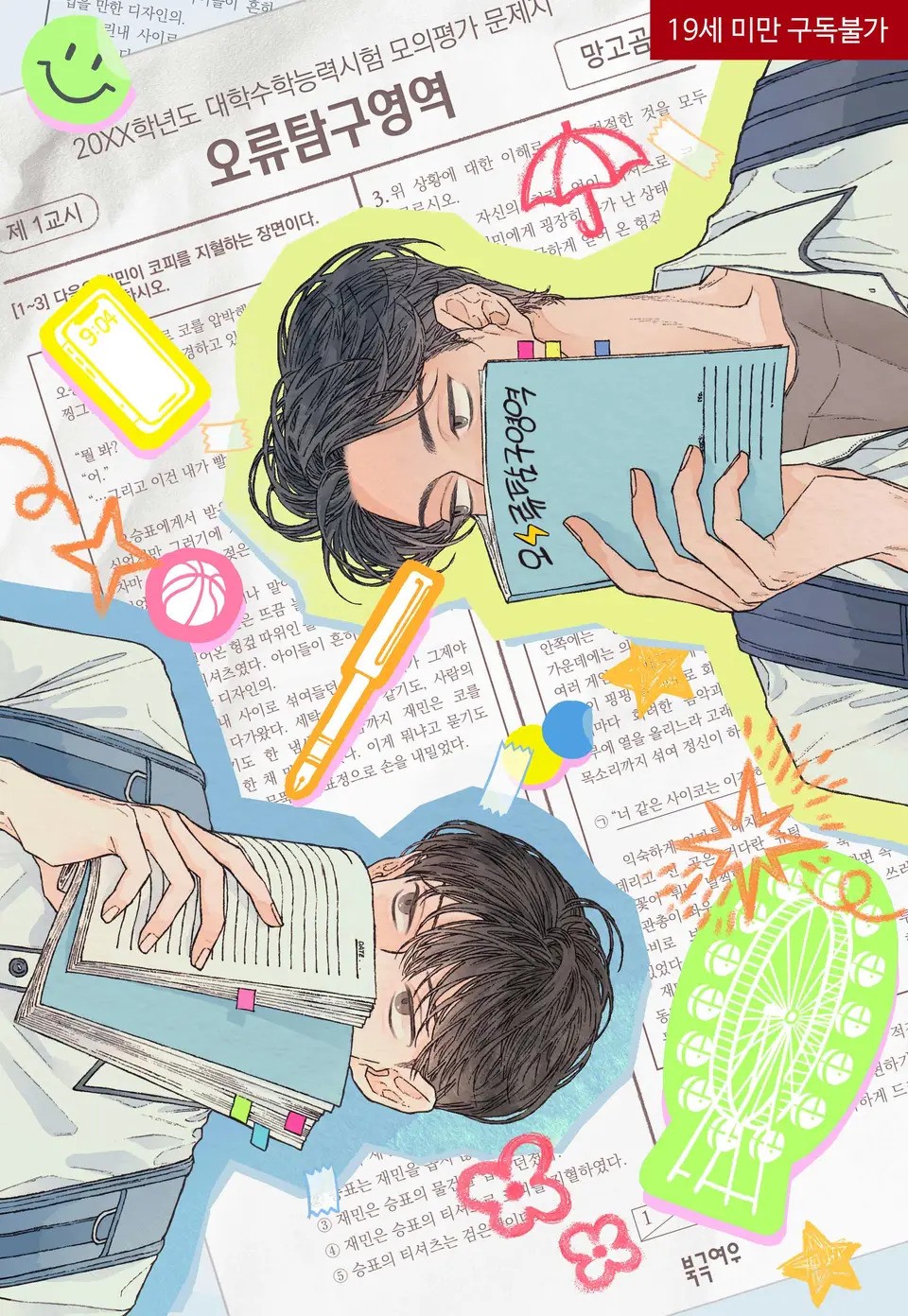Is academic success a zero-sum game? The pressure to excel can be immense, turning classmates into rivals and fostering a corrosive sense of inferiority. This dynamic is often explored in popular culture, including the burgeoning world of Korean webcomics, or "manhwa." The narratives frequently delve into the complex interplay of ambition, jealousy, and the sometimes-toxic pursuit of validation through achievement.
The trope of the high-achieving student whose world is upended by the arrival of a new rival is a familiar one. Consider the archetypal story of Seungpyo Oh, a student accustomed to the rarified air of first place, only to be dethroned by the enigmatic Jaemin Ryu. This sudden shift in academic hierarchy triggers a cascade of emotions within Seungpyo, primarily a gnawing sense of inadequacy. He finds himself constantly observing Jaemin, unconsciously measuring himself against his newfound competitor. This simmering tension forms the backdrop for a complex interpersonal drama that unfolds against the backdrop of high school pressures.
| Name | Seungpyo Oh |
|---|---|
| School | [High School Name - fictional] |
| Academic Standing | Formerly 1st, now 2nd |
| Rival | Jaemin Ryu |
| Key Personality Traits | Driven, competitive, prone to feelings of inferiority |
| Reference | Manhwa (Wikipedia) |
This narrative framework, though common, possesses a potent emotional core. The relentless pressure to maintain top rankings, the fear of being surpassed, and the insidious creep of self-doubt are all universally relatable themes. The specific setting of a Korean high school, with its intense focus on academic performance, adds another layer of complexity. In this environment, academic standing isnt merely a measure of intelligence; it becomes a marker of social status, further intensifying the stakes for students like Seungpyo.
Sangwoo Choo, a computer science student driven by logic and order, embodies a different facet of academic pressure. His frustration with group project freeloaders escalates to the point of removing their names from the final presentation, a seemingly rational response to an unfair situation. This action, however, has unforeseen consequences, particularly for design major Jaeyoung Jang, whose academic future is jeopardized. The conflict between Sangwoo's adherence to rules and the collateral damage it inflicts sets the stage for another exploration of academic anxieties and the ripple effects of individual choices.
| Name | Sangwoo Choo |
|---|---|
| Major | Computer Science |
| Key Personality Traits | Logical, principled, inflexible |
| Conflict | Group project dynamics, clash with Jaeyoung Jang |
These scenarios, while fictional, reflect the very real pressures faced by students in competitive academic environments. The relentless pursuit of excellence can often lead to feelings of isolation, anxiety, and resentment. The "search query" for validation and recognition, symbolized by the recurring motif of rankings and first place, becomes an all-consuming quest. The stories highlight the potential pitfalls of prioritizing individual achievement above collaboration and empathy. The "error analysis" of these characters' actions reveals a deeper commentary on the flaws within a system that often prioritizes outcomes over individual well-being.
The narratives also delve into the nuances of interpersonal relationships within these high-pressure environments. The tension between Seungpyo and Jaemin extends beyond mere academic rivalry; it hints at a deeper, perhaps unspoken, connection. The conflict between Sangwoo and Jaeyoung similarly sets the stage for a complex dynamic, potentially exploring themes of reconciliation and understanding. These stories, woven into the vibrant tapestry of the manhwa genre, offer a compelling glimpse into the challenges and complexities of navigating the competitive landscape of academia.
Furthermore, the use of hashtags associated with these narratives, like #blmanhwa and #manhwayaoi, suggests that these stories often explore themes of romance and intimacy within the context of these competitive dynamics. This adds another layer of complexity, suggesting that the pursuit of academic success is not the only driving force in these characters' lives. The interplay of romantic tension and academic pressure creates a rich narrative landscape, ripe with possibilities for exploring the human condition.
The fragmented snippets of dialogue, like "Kiss me if you can" and "It's all your fault I've been a jerk," hint at the underlying emotional currents that drive these narratives. They suggest a complex web of relationships, misunderstandings, and unspoken desires, adding depth and intrigue to the stories. The use of these fragmented phrases adds to the sense of mystery and encourages further exploration of the characters and their motivations.
Ultimately, these manhwa narratives provide a compelling lens through which to examine the pressures and anxieties of academic life. They explore the complex interplay of ambition, rivalry, and the search for validation in a world that often prioritizes achievement above all else. They also offer a glimpse into the human capacity for growth, resilience, and connection, even amidst the most challenging circumstances. The stories serve as a reminder that even in the fiercely competitive world of academia, empathy, understanding, and human connection remain essential.


